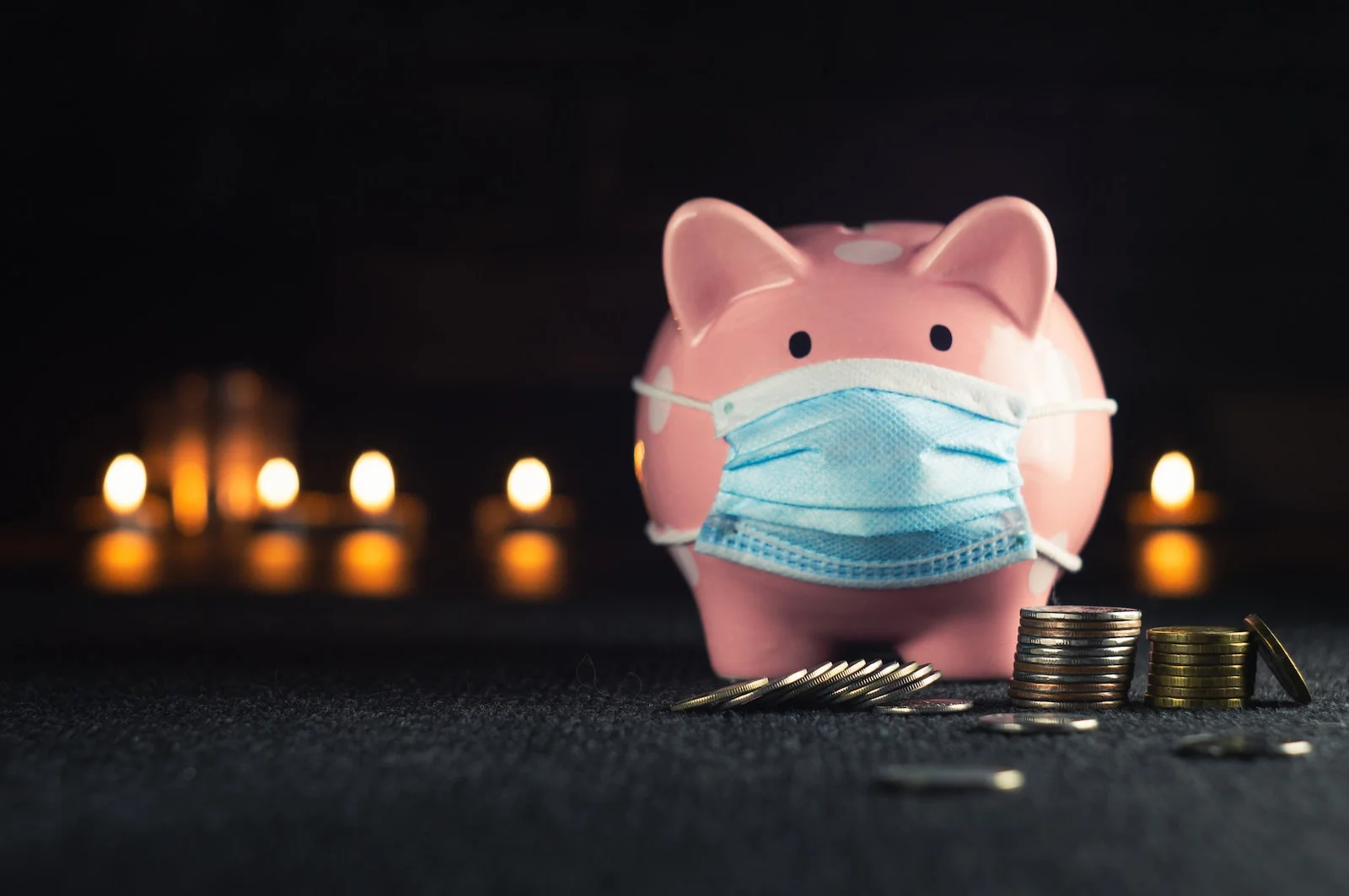A painful period and ongoing pelvic pain are two indications of vaginal dryness. Although it is more prevalent in postmenopausal women, it can happen at any point in women.
There are several reasons for this condition. When it comes to vulvar and vaginal wellness, estrogen is by far the most influential hormone. It might be due to a lack of estrogen. Other significant contributors are one’s diet and the use of particular drugs. Any medicine that dries out your eyes or lips is likely to do the same to your vagina.
Understanding signs
Some of the signs include:
- Flaring up when you go potty
- Incidence of minor bleeding following sexual activity
- Injurious sexual contact
- Perineal discharge
- Intense pain, burning, or discomfort in the genital region
What causes vaginal dryness?
Many women experience vaginal dryness when their estrogen levels drop. Natural lubrication is supported by the feminine hormone estrogen. One result of low estrogen levels is that the vagina dries up, thins, and becomes less elastic. Some aide it with female natural lubrication, that will help making the genitals moist with great sensation.
The main causes for reduced estrogen levels are:
1. Menopause and perimenopause
The doctors agree that the body’s estrogen production drops off significantly around the time of menopause. The vaginal mucous membranes, which are typically wet, elastic, and pink, can become increasingly dry and pallid as a result of this. Vaginal atrophy is another name for vaginal dryness that often occurs during menopause.
As well as discomfort during intercourse, this can cause stinging and itching. It can also have an effect on the urinary tract, leading to increased urination or recurring urinary tract infections.
In addition to other symptoms, such as vaginal dryness, you may experience irregular bleeding, hot flashes, or a shift in desire.
Hormonal therapy is effective for a large percentage of menopausal women.
Except for those having treatment for breast cancer, it is completely risk-free and extremely beneficial for everyone else.
2. Pregnancy, nursing, and the initial postpartum period
You shouldn’t worry about this. Due to hormonal interference, you may also experience irregular or absent menstruation.
3. Hormonal methods of birth control
Hormonal contraceptives commonly cause vaginal dryness. This is because the natural hormones estrogen and progesterone (which regulate vaginal secretion) are replaced by synthetic hormones in hormonal contraception.
Artificial hormones can only mimic some of the effects of their natural counterparts since they are chemically different from those hormones produced by the body. The hormone concentration in most hormonal contraceptives is relatively high.
And unlike the monthly fluctuations associated with menstruation, they remain stable over time. In some cases, switching to a different form of hormonal birth control has proven successful.
4. Antidepressants
Antidepressants known as SSRIs (selective serotonin reuptake inhibitors) work primarily by elevating blood levels of serotonin, a vital hormone that maintains emotional balance.
Nevertheless, antidepressants also influence acetylcholine receptors. Dryness of the vaginal canal may result from the suppression of involuntary muscle movements and other body activities.
Vaginal dryness can be treated by switching to a different prescription, which some of the best doctors might recommend.
5. Hysterectomy
Due to the removal of the cervix and the cells responsible for vaginal secretions, a hysterectomy is a common cause of vaginal dryness.
The following symptoms are not normal after a hysterectomy; you should consult a doctor if you are experiencing them.
6. Chemotherapy
Medical or iatrogenic menopause refers to menopause that takes place because of medical intervention.
Chemotherapy frequently interferes with the ovaries’ ability to produce hormones. The result is chemical menopause for the body.
7. Washing too much
There are many who maintain that a vaginal flush is essential. Yet, water can actually cause dehydration. The vagina is incredibly smart, and its secretions and discharge have a specific purpose: to clean the vagina. So long as there is no pain, discomfort, or noxious odor involved, it is perfectly acceptable.
8. Sjögren’s syndrome
Due to chronic inflammation, secretion-producing glands in people with Sjögren’s syndrome produce less of their respective secretions. Dryness of the mouth, eyes, skin, and cough may result. This can lead to vaginal dryness and itching as a side effect.
The incidence of Sjögren’s syndrome is higher in women than in males, especially after middle age.
9. Diabetes
Small blood vessels and nerves are also damaged by high blood sugar. This may cause the cervix’s glands to dry up, leading to chapped mucous membranes. Increased urination, fatigue, impaired vision, and thirst are further diabetic symptoms.
Vaginal dryness: How is it evaluated?
Vaginal dryness that is severe or persistent calls for medical attention. Your doctor will inquire about your symptoms and current medications before ordering any of the following.
- Examine your pelvic area to see if your vaginal walls are thin, pale, or inflamed.
- Examination of blood for hormone levels and other potential causes.
- Vaginal fluid analysis to rule out other reasons for dryness
Treatment
Although there are effective treatments available, many women feel uncomfortable discussing vaginal dryness with their doctor.
The discomfort of a dry vagina can be eased with the use of lubricants or vaginal moisturizers. Intimacy lubricants that are water-based are OK. You don’t need a prescription to pick up any of these items at the supermarket or drugstore.
Hormonal therapies, like vaginal estrogen creams and tablets, can be helpful for women going through menopause. Discuss your choices with your doctor.
Conclusion
There are a number of effective therapies for vaginal dryness, and the condition is usually not life-threatening. You can also do your part to stop it from happening. If your vaginal dryness persists despite treatment, you should consult the best gynecologist doctor.
FAQs
1. Why do women temporarily smell bad?
Perspiration, sexual activity, your monthly cycle, and even the use of some soaps and douches can temporarily disrupt the normal vaginal balance, leading to feminine odor. That also happens frequently.
2. Can consuming yogurt help treat a vaginal yeast infection?
Consuming lactobacillus-containing foods like yogurt or acidophilus milk to treat a vaginal yeast infection has not been shown to be effective.
3. Which foods are known to stimulate lubrication in the female reproductive system?
Yet, there is limited data on which meals are most effective for promoting vaginal lubrication. Water helps your body hold onto moisture by keeping you hydrated and functioning properly.


















